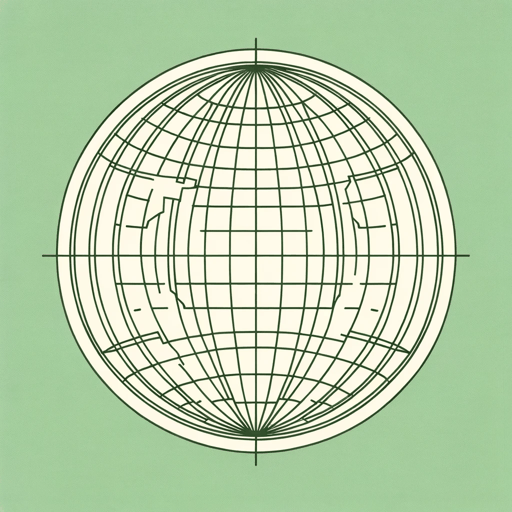35 pages • 1 hour read
Edward SaidOrientalism
Nonfiction | Essay Collection | Adult | Published in 1978A modern alternative to SparkNotes and CliffsNotes, SuperSummary offers high-quality Study Guides with detailed chapter summaries and analysis of major themes, characters, and more.
Important Quotes
“[…] to believe that politics in the form of imperialism bears upon the production of literature, scholarship, social theory, and history writing is by no means equivalent to saying that culture is therefore a demeaned or denigrated thing. Quite the contrary: my whole point is to say that we can better understand the persistence and the durability of saturating hegemonic systems like culture when we realize that their internal constraints upon writers and thinkers were productive, not unilaterally inhibiting.”
(Introduction, Page 14)
In Said’s critique of Orientalism, he places a great deal of emphasis on the political significance of cultural production. He argues that the imperialist imagination propagated by Western cultural products contributed to policies regarding the Orient. Thus, rather than assume the limitations of cultural influence over political activity, one should examine how Orientalist texts contributed to the shaping of historical and political circumstances.
“I use the notion of strategy simply to identify the problem every writer on the Orient has faced: how to get hold of it, how to approach it, how not to be defeated or overwhelmed by its sublimity, its scope, its awful dimensions.”
(Introduction, Page 20)
Said’s method of comparative textual analysis looks to the strategic formation and location of each of the texts he discusses. This strategic-formation-and-location approach provides a way for examining the texts that make up the complex reaches of Orientalism. By pointing to the historical and social circumstances surrounding the texts, Said reasons that one can better understand Orientalism’s full spectrum of impact.
“Thus all of Orientalism stands forth and away from the Orient: that Orientalism makes sense at all depends more on the West than on the Orient, and this sense is directly indebted to various Western techniques of representation that make the Orient visible, clear, [and] ‘there’ in discourse about it.”
(Introduction, Pages 21-22)
Said argues that Orientalism is based upon Western production of knowledge about the Orient. This production of knowledge presumes that each of its works brings the West closer to understanding the Orient. Despite the geographical expansiveness and diversity of the Orient, this production of knowledge always strives to condense the space into the most legible and concise terms for the West.


